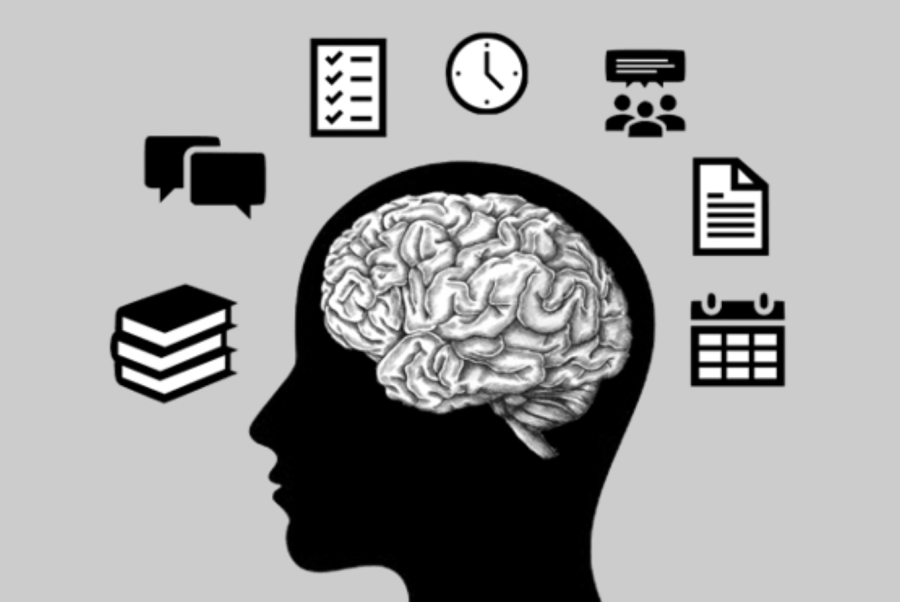Misconceptions surrounding learning disabilities and their harm
Negative perceptions of learning disabilities are deep-rooted and have detrimental consequences, but preventative measures are in the works on the Hill.
As recently as the 1970s, people with learning disabilities were admitted to mental institutions at large with the hope that they would be ‘cured’. 50 years later, we as a society have made drastic progress, but disparaging misconceptions about learning disabilities still resound throughout everyday life.
There continues to be a stigma attached to learning disabilities in our society, labeling neurodivergent people as incompetent or unintelligent. This shame is not only a stumbling block for those who have been diagnosed with a learning disability, but proves an issue for those who have not yet been diagnosed, discouraging them from getting tested and thus receiving accommodations for fear of being associated with the negative perceptions. Among the ramifications is harm to students’ academic ability and social-emotional health.
Ms. Margot Paine, Academic Services Coordinator, works with students with learning disabilities and she has witnessed these misconceptions firsthand.
“I’m sure there are still stigmas and stereotypes attached to people with learning disabilities. I think much of this comes from not being aware of what a learning disability actually is, and how it’s supported,” Ms. Paine said. “Students and parents can be uncomfortable with the thought of a learning disabilities diagnosis or the thought of needing or using accommodations”.
On the Hill, DREAM, an affinity group committed to increasing awareness about disabilities and advocating for individuals with disabilities, recognizes the significance of inclusivity and facilitates necessary measures toward progress.
“I think mainly with DREAM… I’m focusing on reducing stigmas by bringing awareness to the entire FSHA community. But, with de-stigmatizing things, you have to provide support for the people who are impacted,” Julia Ihly ‘24, DREAM President, said. “That’s why I want to start some support groups for individuals with learning disabilities to feel supported because I know in the past when I didn’t feel supported it was really hard for me to do my best in school or feel good about myself.”
While the FSH community has made great strides toward fostering a more inclusive atmosphere, there is still work to be done.
“I think a next step we could take forward in including the administration, student body, and teachers is the conversation around language that we use to talk about disabilities and individuals with learning disabilities. I think the next step that FSHA can take is having an open discussion around the language that we use,” Ihly said.
Change, not only within FSH but society as a whole, lies in our hands. Inclusivity can be as simple as expanding the language we use to refer to learning disabilities, circulating information through social media, or self-education. One fact is certain: progress cannot ensue without your help.

Tyler Frey '25 is an associate editor of the Veritas Shield, returning for her second year on the paper. Being a part of The Shield serves as a creative...

